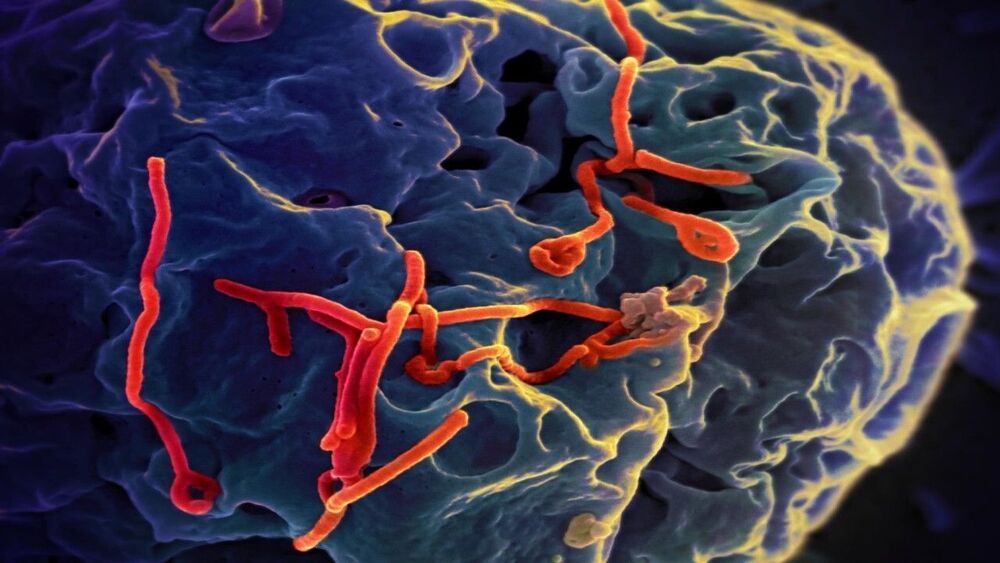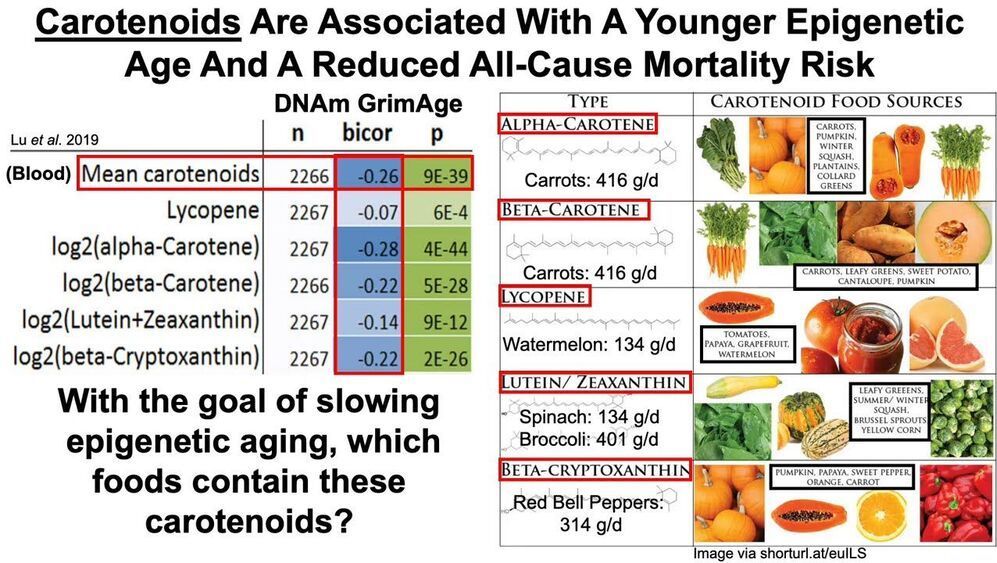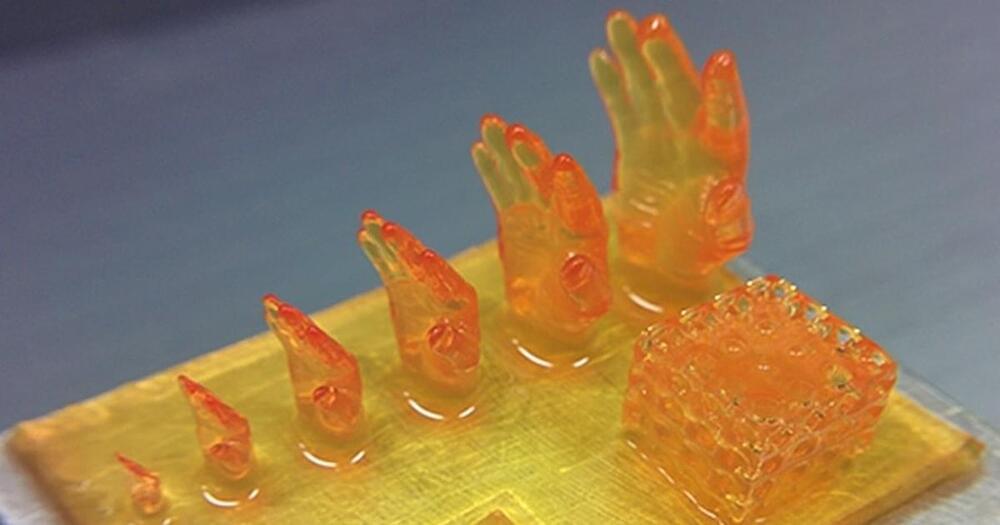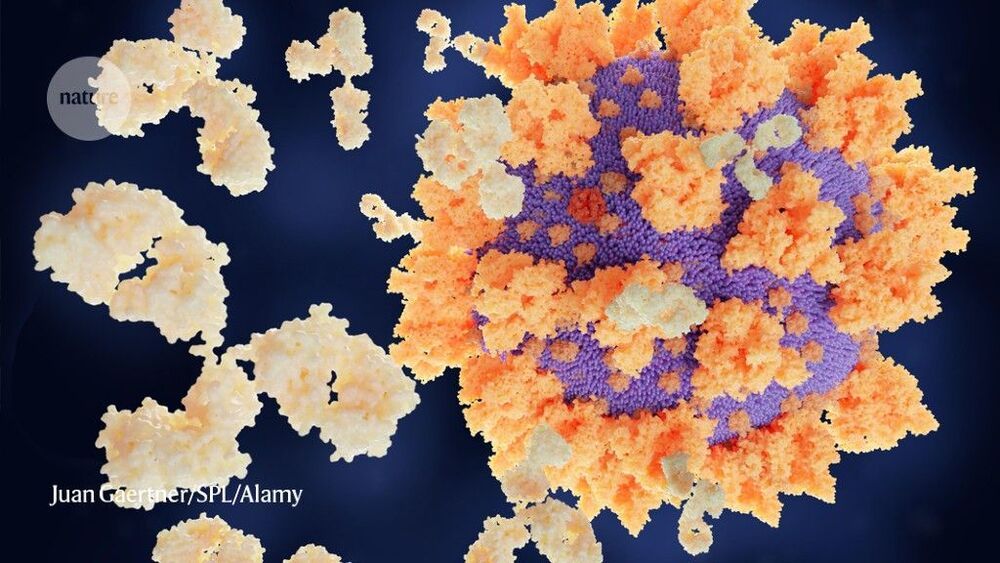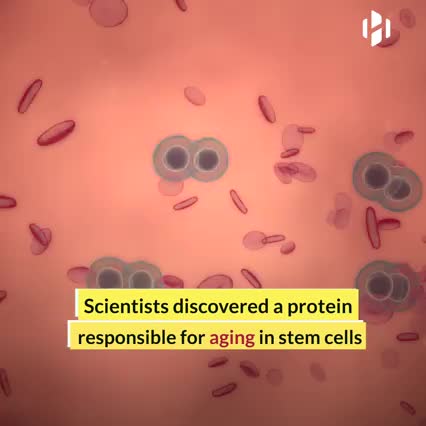But the most immediate question is what these results mean for Ebola survivors, who face a lot of hardship already. Many have not only lost friends and family to the virus, but also struggle with long-term aftereffects, such as muscle pains and eye problems. In a study published in February, Delaporte found that about half of more than 800 Ebola survivors in Guinea still reported symptoms 2 years after their illness, and one-quarter after 4 years.
On top of this, survivors have faced intense stigmatization. Many conspiracy theories swirled in the aftermath of the epidemic, including the claim that survivors had sold family members to international organizations to save themselves, says Frederic Le Marcis, a social anthropologist at the École Normale Supérieure of Lyon and the French Research Institute for Development, who is working in Guinea. One man, he says, was the only one to survive out of 11 family members and when he came back, no one wanted to work with him. “He was seen as someone untrustworthy.” News that a survivor likely touched off the current outbreak could cause further problems for survivors, Le Marcis says: “Will they be highlighted as a source of danger? Will they be chased out of their own families and communities?”
Alpha Keita, a virologist who led the sequencing work at CERFIG, worries about stigmatization and even violence against survivors have occupied him since he first got the surprising results a week ago. One important message to the public should be that some people infected with Ebola show few symptoms, meaning people may be survivors without knowing it. “So don’t stigmatize Ebola survivors—you don’t know that you are not a survivor yourself,” Keita says.
